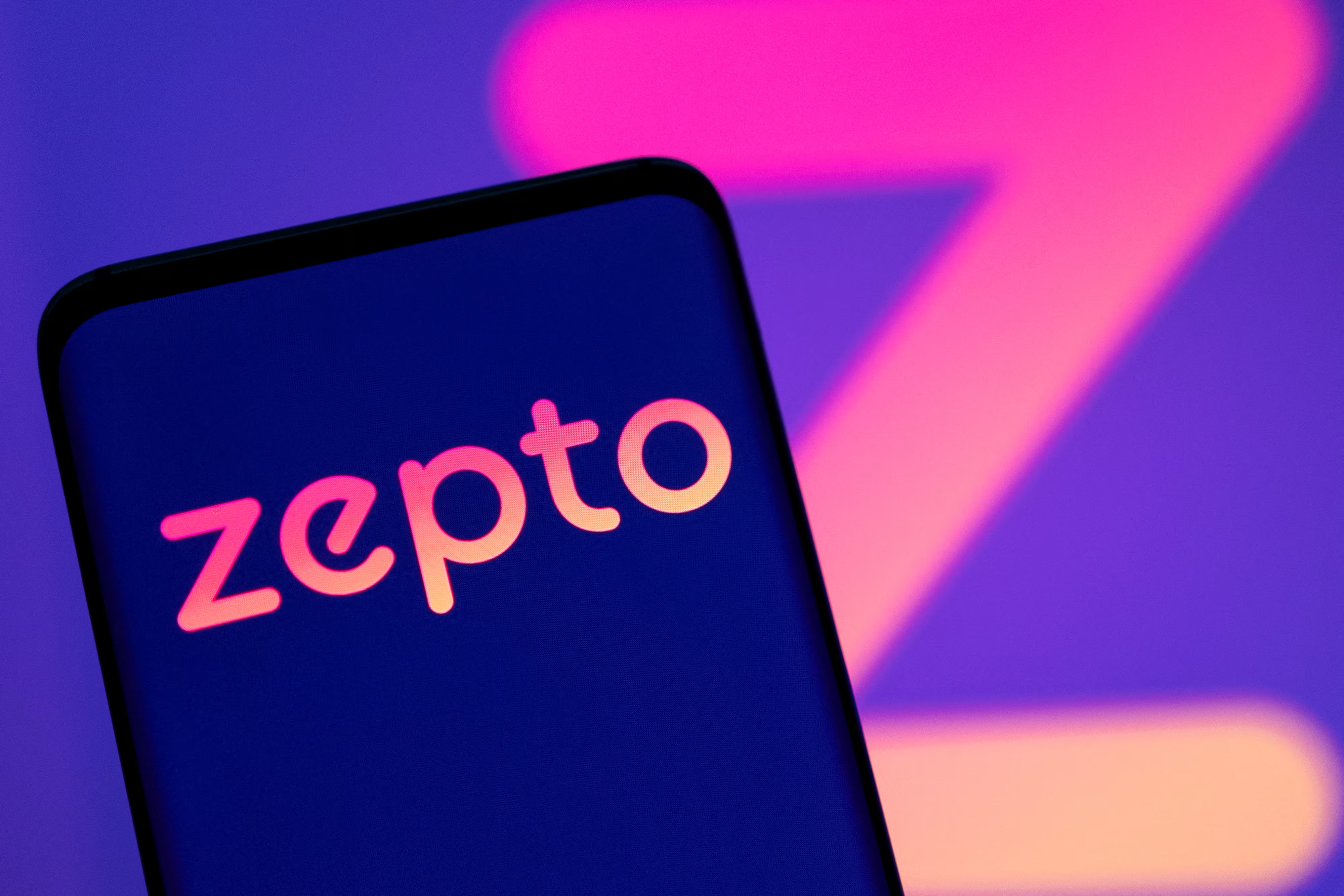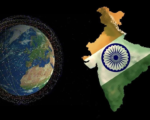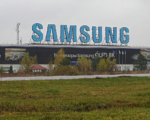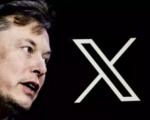India’s quick commerce sector has seen explosive growth, accounting for over two-thirds of all e-grocery orders in 2024, according to a new report by consultancy Bain and e-commerce giant Flipkart. This rapid rise highlights the sector’s expansion and its significant impact on India’s e-retail market.
Market Growth and Projections
The quick commerce industry’s market share surged nearly five-fold, reaching an estimated $6-7 billion in 2024, up from the previous year. The sector, which includes companies like Zomato-owned Blinkit, now accounts for about 10% of India’s overall e-retail spending. These platforms, which offer delivery of groceries and other items within minutes, are poised for further expansion, with an annual growth rate of over 40% expected until 2030.
Key Drivers and Challenges
Quick commerce has emerged as one of the most notable trends in India’s e-retail sector over the past two years, serving over 20 million online shoppers and employing more than 400,000 people. The industry’s rapid rise is attributed to its ability to cater to the growing demand for fast deliveries in urban areas, capitalizing on consumer convenience.
However, the sector faces challenges, particularly in terms of expanding profitability. Companies may struggle to extend their reach beyond major metropolitan areas and contend with fierce competition from larger players like Flipkart. To sustain growth, experts suggest that quick commerce companies will need to adapt their business models, optimize supply chains, and manage increasing competition.
The Future of Quick Commerce
While the growth prospects of the sector are promising, some industry experts warn that the quick commerce boom may be short-lived. A recent report from Blume Ventures cautioned that maintaining such rapid growth may prove difficult. TVS Capital Funds Chairman Gopal Srinivasan also expressed concerns, calling the quick-commerce trend a “passing fad” that could prove unsustainable in the long run.


















